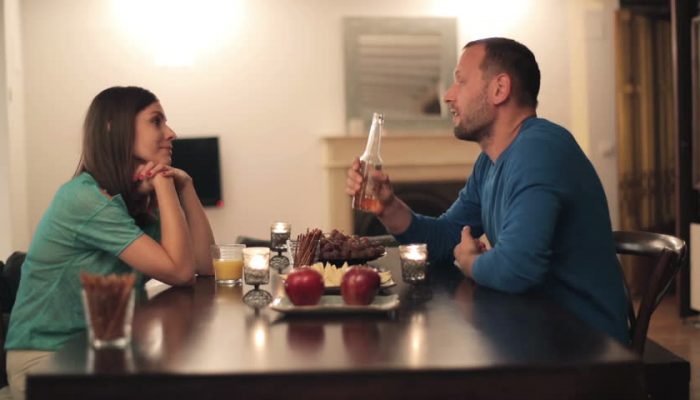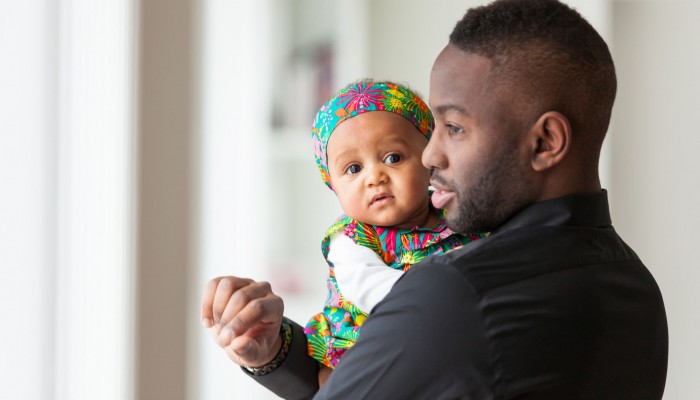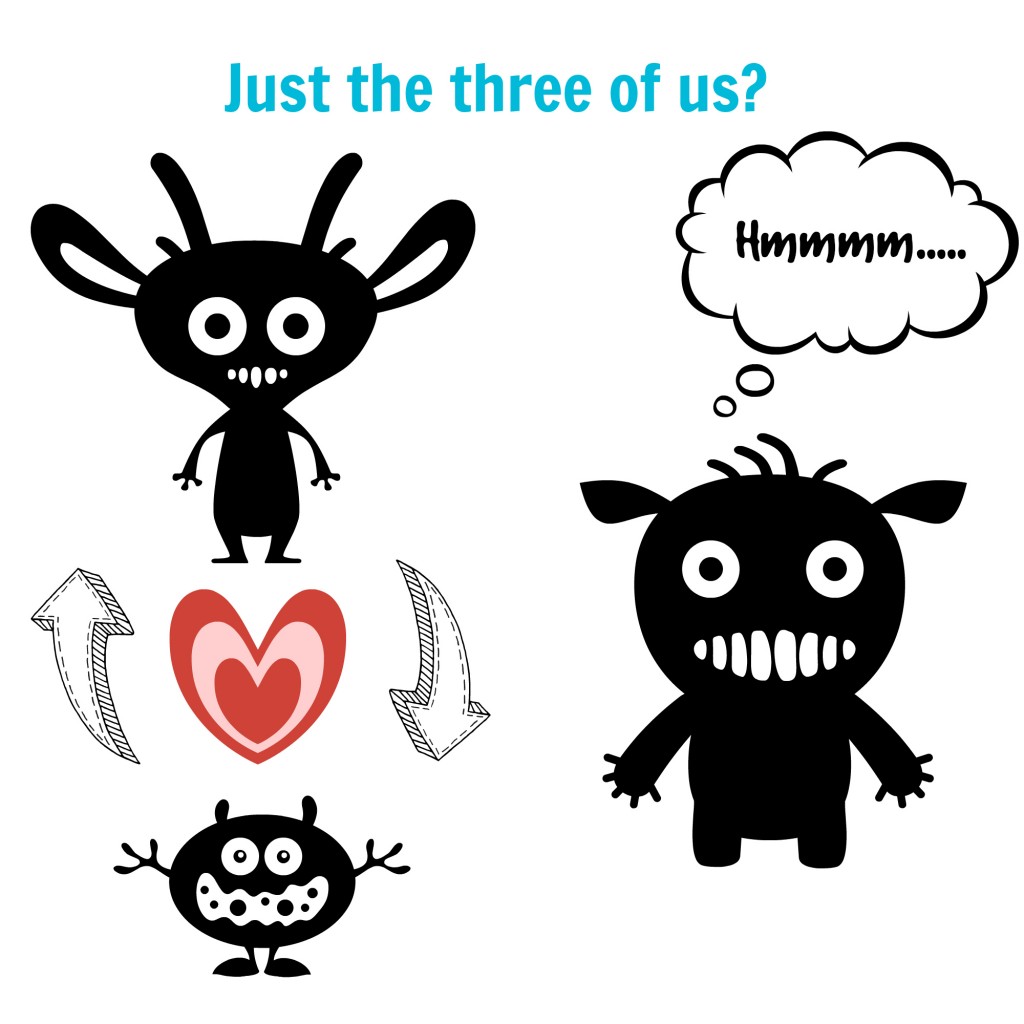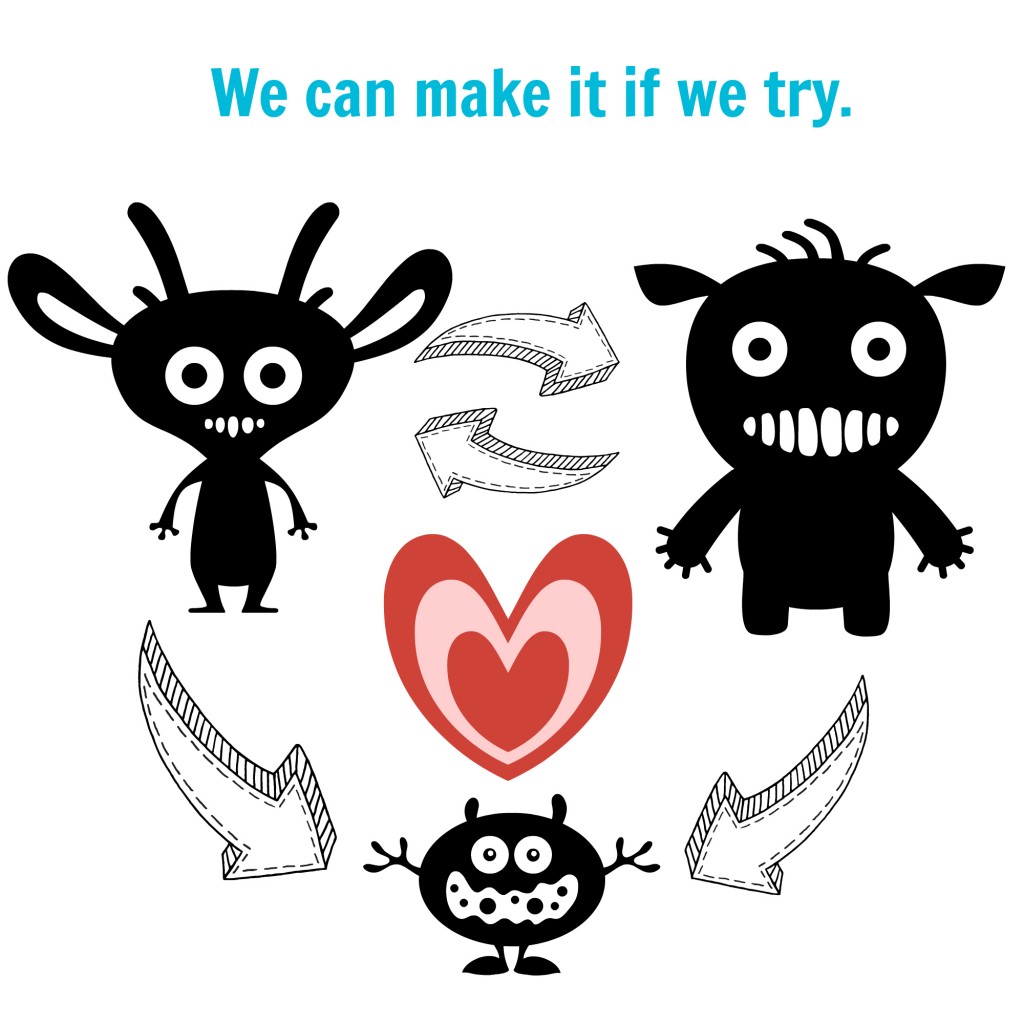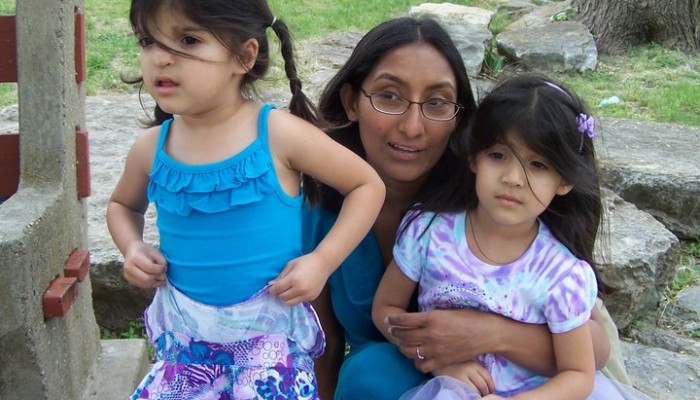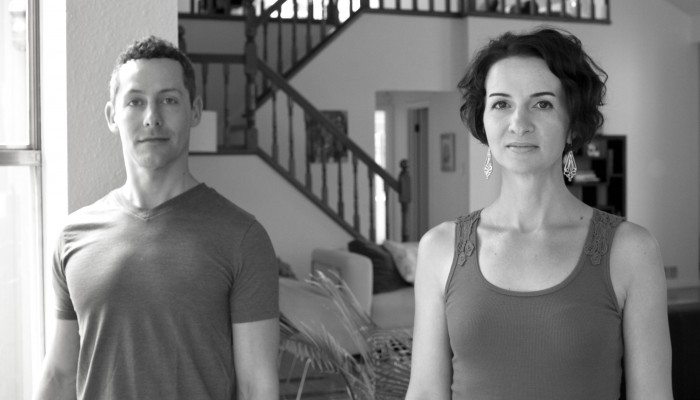We say a massive amount of words every day – on average 15,000. Many of those words are the same ones we said the day before, and the day before that. When you’re co-parenting, your communication with your partner becomes even more repetitive and business-like. Why? Because you are running a baby-raising, household-managing, food-serving business together.
Who’s handling bath tonight?
Please turn on the baby monitor when you go upstairs.
I forgot to grab bananas at the store. Do you mind picking some up?
OMG, <insert child’s name> was fussy today.
What should we have for dinner tonight?
In the midst of all of this business-like chatter, the small niceties are known to get lost. New parents are often exhausted and grumpy, so the words are more likely to be testy or blaming. Let me tell you, my husband and I have had many a day when our words were more negative than positive.
In my work with couples, and in my own marriage, I’ve found that making a concerted effort to add in positive words and phrases can make a gigantic difference in the tone and feel you are setting in your home. In fact, research by John Gottman indicates that solid, happy couples counterbalance every 1 negative interaction with 5 positive interactions. The point? You are going to be grumpy or curt at times. Just make sure that you are overpowering the negative with positive.
Here are seven phrases that I encourage couples to integrate into their daily vocabulary whenever possible:
1. Thank you
Of course you say Thank You, but do you say it enough? I encourage couples to show gratitude for all the little things, all the time.
Thank you for emptying the dishwasher.
Thank you for grabbing my favorite cheese at the store the other day.
Thank for getting up during the night with baby. That extra bit of sleep saved me.
The number one objection I hear to this phrase is: “I shouldn’t have to thank my partner for the little things that he/she should be helping me with.” I hear you on that. However, when your partner feels appreciated, and not taken for granted, they are more likely to want to do more for you. That sounds good, right?
2. I screwed up
So many couples walk around with their figurative fists up, ready to brawl. They feel so defensive and guarded that they are slow to acknowledge mistakes or take responsibility for their oversights. Here’s my advice: Own your stuff. Admit when you messed up.
I screwed up, honey. I forgot to pick up milk at the grocery store.
I totally messed up; I drove too close to the garage door and put a little scratch on the car.
I blew it. I was grumpy and rude this morning and I know I was being an ass. I’m so sorry.
This is a great habit to model for your kids and has a humanizing effect on the whole family. We all make mistakes. When we take responsibility for them and don’t cover them up with excuses or defensive words, we present a more vulnerable and non-defensive front.
3. You look gorgeous/hot/handsome/amazing…
You and your partner are way beyond the honeymoon stage. The days of staring into each other’s eyes longingly are long gone. I don’t care. Take the time to tell your mate when their hair is looking cute or you really like their outfit. You might feel like your partner already knows that you find them attractive. They don’t. Make sure you tell them and you will be helping to keep the romance alive.
4. You’re really good at…
Neither of you have a manager or a boss at home. You don’t get positive feedback on a regular basis for the activities you do outside of the office. If anything, you and your partner probably give each other constructive (or non-constructive) criticism on everything from how to cut the crusts off the sandwiches to how to put the laundry in the hamper (and not on the floor). This can leave a void of reinforcement and encouragement. Sometimes it feels like we are doing everything wrong. I recommend that you regularly comment on your partner’s strengths and let them know when they are winning at parenting and human-ing. (I know that isn’t a word, but I’m making it one.)
You’re really good at getting our baby to sleep. What is your trick?
You make the most incredible dinners. It is so nice to end my day with yummy food to look forward to.
I love the way that you redirect our (insane) toddler when he is tired and crabby. You really have a knack for this parenting thing!
I’m in awe of your ability to always keep clean pairs of socks and underwear in my dresser. You are the Laundry Monarch – I am not worthy.
5. I hear you.
It is well known that most of us humans are not the greatest listeners. We’re often quick to give solutions or rebuttals. Or we’re too distracted by our iPhone or our kids to really tune in and hear our partner. If you take a deep breath, really listen and say I hear you, you partner’s shoulders will relax and they will feel like you are on their team and you really understand them.
6. You’re right.
Have I mentioned the defensive tone that I often see permeating couples communication? Many men and woman feel continually scrutinized or criticized, so they are slow to admit when their partner is right. But let’s think about this. You chose this person to be your partner in child rearing. Knowing that you always practice excellent judgment (wink, wink), this partner of yours probably has a good point every once in awhile. You can say this is different ways:
Good point.
You’re correct.
That’s fair.
You were right.
Very true.
Yup, you make a great point there.
If you give your mate credit when they’re on the right track, the combative tone will immediately be defused, and she or he will be more likely to say, “You’re right!” to you later on.
7. Hey, I need…
I’ve said it before, and I’ll say it again. Our partners aren’t mind readers. SO… if you need something, speak up and ask for it. Let me give you some examples:
Hey hon, I could use extra help in the kitchen this week. The baby is teething and I’m about to lose it.
I need you to run by the grocery store tonight please. We’re out of milk and coffee, and I will keel over in the morning if I don’t have my caffeine.
Darling, I need to you to hug me when you get home at the end of the day and spend a few minutes talking to me before we dive into dinner and bedtime.
Which leads me to my final suggestion…
 8. How was your day?
8. How was your day?
This is an obvious one. You probably feel like you say this one in your sleep.
Here’s my question: When you say it, do you stop what you are doing, look directly at your partner’s face, and actually listen to their answer? If not, I recommend you try that, and then ask follow-up questions. Debriefing and processing your day with your partner is a great way to unwind, let go of any stressors and launch into a meaningful evening with your family. It feels amazing to know that you have a teammate waiting at home who is actually interested in what you did for the last 9 hours!
____________________________
So… I’m going to end with a caveat: If you are one of those folks who apologizes for everything, even when it isn’t your fault, you might want to skip some of the above suggestions (specifically #2 and #5). OR, if you feel like you say many of the above phrases, but your partner doesn’t, you might want to skip back to #6 and ask them to incorporate more of these into your daily dialogue. Blame it on me, the Baby Proofed Parents lady. Tell them it’s the shrink’s orders!
Here’s to Sanity & Saying It,
Kirsten

